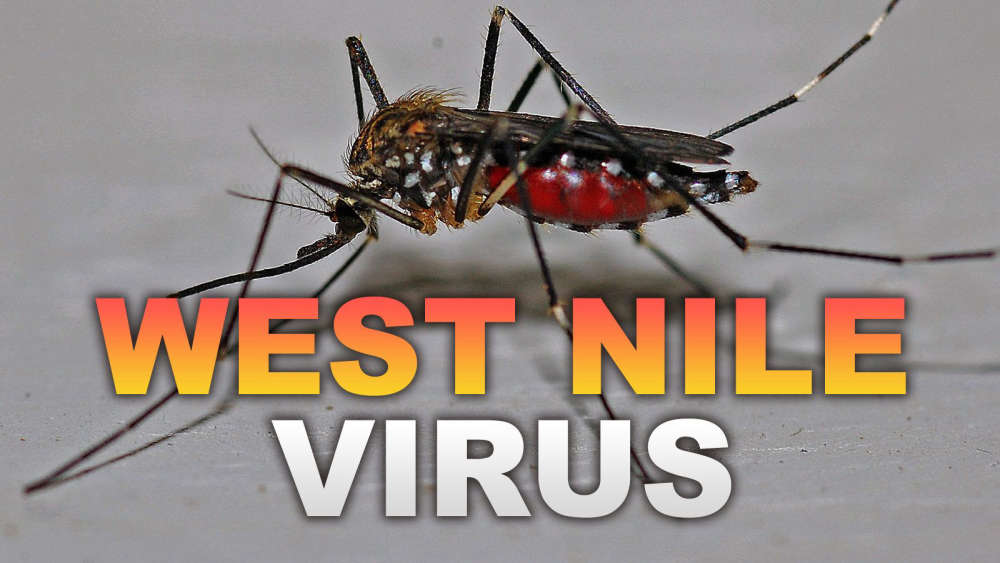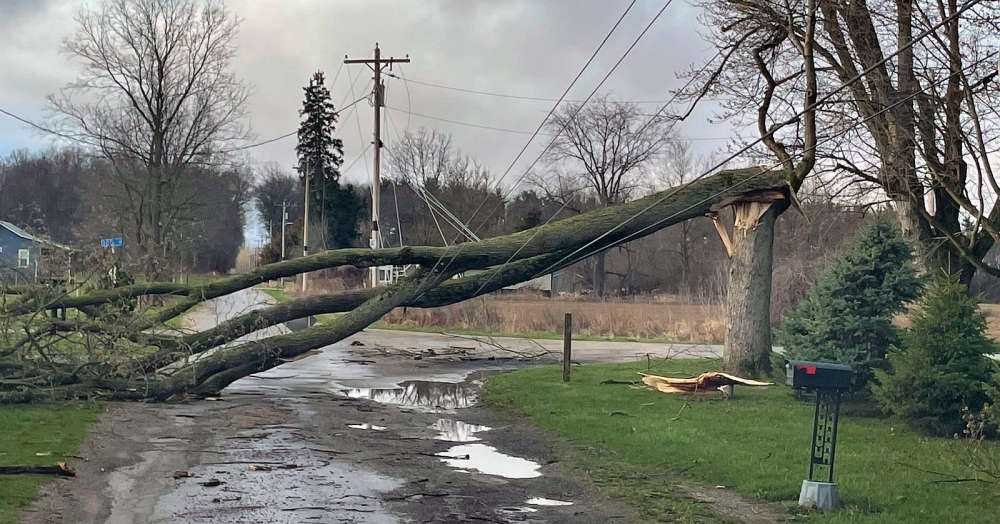
The state’s first West Nile virus (WNV) disease case for the 2025 season has been reported in a Vanderburgh County resident. No additional information about the case will be released to protect patient privacy.
West Nile virus activity has also been detected in mosquitoes throughout the state (56 samples taken from 15 counties). Visit the Indiana Mosquito-Borne Activity Dashboard to learn more. Indiana reported 11 human WNV cases in 2024.
The Indiana Department of Health expects to see additional West Nile virus cases as the mosquito season progresses. Taking precautions against mosquito bites can reduce the risk of disease caused by mosquito-borne viruses such as West Nile virus, Eastern equine encephalitis (triple-E) virus, and La Crosse virus.
“We have already had mosquitoes test positive for WNV this season,” said State Health Commissioner Lindsay Weaver, M.D., FACEP. “With large amounts of recent rainfall and projected high temperatures continuing this week, Hoosiers in all parts of the state should take steps to remove breeding sites around their homes.”
Steps to prevent mosquito-borne diseases include:
- Use insect repellent. Apply EPA-registered insect repellents containing DEET, picaridin, IR3535, oil of lemon eucalyptus, para-menthane-diol, or 2-undecanone according to the label instructions.
- Wear protective clothing. Wear loose-fitting, long-sleeved shirts and pants. Consider treating clothing and gear with a permethrin product (note: permethrin products should not be applied directly to the skin).
- Install screens on windows and doors and keep them in good repair.
- Look for containers that could hold water such as trash, tires, buckets, toys, pools, birdbaths, flowerpot saucers, or trash containers. Even a pool of water as small as in a bottle cap can breed mosquitoes.
- Prevent mosquitoes from accessing containers. This can be done by removing trash, moving items indoors, covering or overturning items not in use, drilling holes in the bottom of trash containers, installing screens on rain barrels, replacing water in pet bowls daily and flushing birdbaths, fountains, and other containers at least once a week.
- Maintain properties and landscaping in good condition. This includes regularly servicing septic systems, keeping grass mowed and shrubs trimmed, cleaning gutters regularly, and aerating ornamental pools or stocking them with predatory fish.
Most people infected with West Nile virus have no symptoms or only mild flu-like symptoms which can include fever, headache, body aches, joint pains, vomiting, diarrhea, or a rash. A small number will develop a more severe form of the disease affecting the nervous system, including inflammation in the brain and spinal cord, muscle paralysis, or even death.
People older than 60 years and those with weakened immune systems are at higher risk of severe West Nile virus disease. People who think they may have West Nile virus disease should see their healthcare providers.
Visit the Indiana Department of Health at www.health.in.gov for important health and safety information or follow us on X at @StateHealthIN and on Facebook at www.facebook.com/StateHealthIN.


 Two agreements approved by Vincennes Board of Works and Safety
Two agreements approved by Vincennes Board of Works and Safety
 Two arrests made by Lawrence County authorities
Two arrests made by Lawrence County authorities
 Deadline approaching for blind, disabled Hoosiers and seniors to receive property tax credits
Deadline approaching for blind, disabled Hoosiers and seniors to receive property tax credits
 Bridgeport Senior Center to close this week
Bridgeport Senior Center to close this week
 Lawrence County Farm Bureau to host annual meeting
Lawrence County Farm Bureau to host annual meeting
 Two Bridgeport residents in custody
Two Bridgeport residents in custody
 One Night, One Cause: Indiana FFA needs your support for their ‘Blue and Gold Gala’
One Night, One Cause: Indiana FFA needs your support for their ‘Blue and Gold Gala’
 Gov. Braun secures National Drone Test Site Designation for Indiana
Gov. Braun secures National Drone Test Site Designation for Indiana
 ISP with Human Trafficking Awareness Initiative this week
ISP with Human Trafficking Awareness Initiative this week
 GSH implements masking restriction
GSH implements masking restriction
 Lawrenceville spends money on water well field
Lawrenceville spends money on water well field
 Neal stepping down as KC Chamber president
Neal stepping down as KC Chamber president
 Southern Illinois 2025 tornado data released
Southern Illinois 2025 tornado data released
 Thacker takes over at Good Samaritan Hospital
Thacker takes over at Good Samaritan Hospital
 Lawrence County residents warned to get vaccinated
Lawrence County residents warned to get vaccinated
 More than one-third of Christmas tree home fires occur in January
More than one-third of Christmas tree home fires occur in January
 Lawrence County girl advances to state competition
Lawrence County girl advances to state competition
 Local woman faces multiple charges
Local woman faces multiple charges




